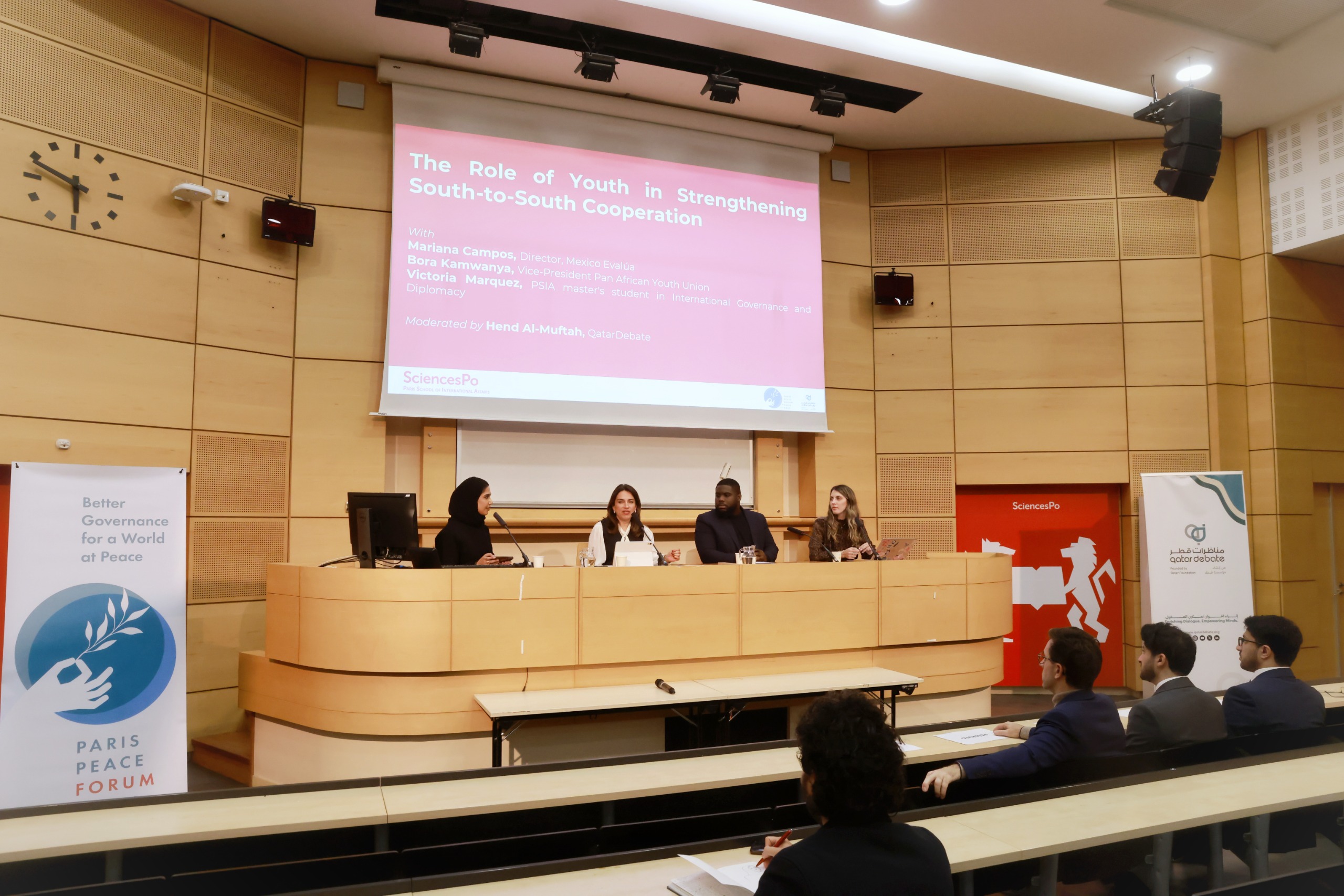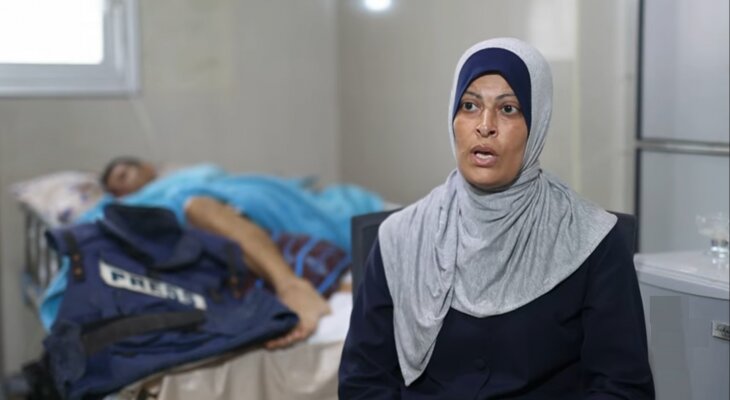After backlash on Twitter concerning the rights of teachers in Qatar, the ministry responded with new guidelines.
The Ministry of Public Health (MoPH) announced on Wednesday new guidelines regarding sick leave for all employees required to quarantine during the Covid-19 pandemic.
In its statement, the ministry clarified “the quarantine period” for those who have been exposed to the virus would not be considered as sick leave as it would require staff to work from home. However, those who are positive and/or are hospitalised will be on sick leave.
“Health isolation is defined as a period of time during which people with active Covid-19 infection need to be isolated at home (if the house allows this) or in a health facility designated for isolation until they are no longer contagious for others,” the statement said, noting this period is usually 14 days.
However, “quarantine is a period of time during which a person in contact with confirmed Covid-19 case must be separated from others until recovery from his infection with Covid-19 disease is proved through a coronavirus examination PCR test, and this period may reach 14 days,” the statement added.
Employees who test positive (PCR) with a contagious infection must be placed under appropriate isolation for a period not less than 14 days, the ministry said.
However, if results show an individual is carrying a non-infectious infection, they will be required to stay in isolation for a period of seven days. In this circumstance, the Ehteraz status will remain red for the duration of the isolation. This would be considered sick leave, the ministry said.
If the individual requires hospitalisation, the isolation period will be extended and “the entire period will be considered as sick leave until recovery from the disease,” Qatar News Agency (QNA) stated.
Read also: Why are teachers in Qatar’s public schools upset?
In the case of contact with an infected person, the ministry says vaccinated employees, or those who have recovered from Covid-19 in the past six months, will be exempt from quarantining if a negative test result is required.
However, the individual must self-quarantine for a day until the test result appears. They are also expected to continue monitoring themselves for any symptoms for at least two weeks.
As for the employees, who have not yet been vaccinated against the virus and have not contracted Covid-19 before, they will be subjected to appropriate quarantine for a period of 14 days if they come in contact with an active, infectious case.
If the case is non-infectious, the quarantine period stands at no more than seven days and their Ehteraz will show a yellow status.
At the end of the quarantine period, and following another PCR test with a negative result, the employee can return to work when the Ehteraz status changes to green.
Health authorities urged all employees to adhere to preventive measures in the workplace, calling on employers to ensure a safe work environment with adequate work space and good ventilation for their employees.
Read also: Vaccinate or test weekly: School staff face strict new Covid-19 rules
“Employers must ensure that their employees adhere to preventive measures and obligate any employee who shows signs or symptoms of infection with Covid-19 to undergo a virus examination and self-isolate until the results of the examination appear,” QNA reported.
Backlash online
The update in guidelines comes just weeks after educators took to Twitter to raise concerns on sick leave and salaries in Qatar, where distance learning has been imposed as health authorities grapple with a second Covid-19 wave.
In recent weeks, rumours that spread across Qatar claimed those who take days off due to Covid-19 exposure or infection will not be paid if working from home. Some have also bemoaned rules by Qatar’s education ministry which they claim have been enforced through “veiled threats of salary deduction”.
“Arbitrary decisions, dismissive behaviour, issuing circulars that contain veiled threats of potential salary deduction,” one twitter user said, describing her perception of the situation at hand.
In response to the backlash earlier this month, education ministry official, Ali Al-Buainain dismissed the claims, saying all teachers receive full salaries and allowances for a maximum of ten days should they be required to quarantine and find themselves unable to work.
It is only for the remaining four days of the quarantine period, when social allowances such as transport expenses are deducted. No deductions will be made from their basic salaries or their housing allowance, the official clarified.
Qatar has vaccinated almost 100% of its education workforce and has also enforced rules on educators who refrain on receiving the vaccine. No school employees are allowed to enter school premises without showing the golden vaccination stamp on Ehteraz or providing a weekly negative Covid-19 test.
The ministry of education previously announced that employees who refrain from taking the vaccination for “unacceptable reasons” and later test positive or are in contact with a confirmed case risk no salary being paid for the entirety of the quarantine period.
Follow Doha News on Twitter, Instagram, Facebook and Youtube







